By: Terrence L. Wilson, Esq.
The Takeaway
The Supreme Court’s decision in Loper Bright Enterprises v. Raimondo Loper Bright Enterprises, Inc. v. Raimondo, 600 U.S. 581 (2024) which overturns the Chevron Doctrine first explained in Chevron U.S.A., Inc. v. Natural Resources Defense Council, Inc. (467 U.S. 837 (1984), will have significant impact on the operation of hospital revenue management. Specifically, it introduces uncertainty into interpretations of the laws that govern reimbursement, billing practices, and financial operations for Hospitals. With additional uncertainty, hospitals may need to increase resources for compliance and take a more active role in federal litigation and regulatory activities.
Chevron Basics and How They Impact HRM
Chevron deference is a legal doctrine established by the Supreme Court in the 1984 case Chevron U.S.A., Inc. v. Natural Resources Defense Council, Inc. It dictates that courts should defer to a federal agency’s reasonable interpretation of an ambiguous statute that the agency administers. In other words, if a law is unclear, the agency’s interpretation is given significant weight, as long as it is deemed reasonable.
Hospitals have traditionally been able to look to agency interpretation to set policies and practices that govern how their revenue interacts with federal law. For example, Hospitals will have to continue rules promulgated by The Centers for Medicare and Medicaid Services (CMS) as they relate to:
- provisions in the Social Security Act’s that govern Medicare and Medicaid reimbursement, billing, and eligibility.
- provisions in the Emergency Medical Treatment and Labor Act (EMTALA), which governs how hospitals must provide emergency medical treatment regardless of patients’ ability to pay.
- Provisions in the Medicare access and CHIP Reauthorization Act (MACRA) that tie reimbursement rates to performance on quality measures, costs, and other factors.
- The No Surprises Act, Pub. L. No. 116-260, §§ 101-113, 134 Stat. 1182, 2758-2788 (2020)
How Loper Bright Changes Chevron
The Chevron doctrine analysis has involved two steps, where first courts determine if Congress has directly spoken to the precise issues at play in the challenge to the federal statute, and if that intent is clear, that intent is followed. However, if the court determines that the statute is silent or ambiguous than the court must defer to the agency’s interpretation of the statute if “it is based on a permissible construction of the statute”. Chevron at 843.
In Loper Bright Enterprises, The U.S. Supreme Court was tasked with interpreting a challenge to the Magnuson-Stevens Fishery Conservation and Management Act and subsequent interpretations by the National Marine Fisheries Service by a group of businesses that operate in the Atlantic herring fishery. The court engaged in the first step of Chevron analysis and found that the statute did not speak to the specific question presented by the challengers. However, instead of following the second step that would require them to give the agency deference, the Court decided that it should instead utilize their own judgment utilizing traditional approaches to statutory interpretation.
How These Changes Impact HRM Going Forward
Nobody knows what the full impact of Loper Bright will be going forward; however, the case will likely have a significant impact on the field of healthcare revenue management.
Increased Litigation
There will likely be significantly more litigation where parties seek to change statutes based off of adverse administrative rulings that negatively impact them. On the other hand, there may be opportunities for hospitals and healthcare providers who are able to increase their bottom line if they can overturn rulings and statutes that limit their profitability.
Compliance Challenges
Hospitals and healthcare providers dedicate large departments to complying with federal statutes and administrative rules and interpretations of those statutes. With these rules potentially changing more often, they will likely have to dedicate more resources to this task.
A Note of Caution
Despite the holding in Loper Bright, healthcare revenue management remains a highly regulated industry. While the Loper Bright decision does expand the analysis of courts to impact administrative interpretations, these analyses only are necessary when the congressional statutes are silent or ambiguous to specific issues. There are still areas where courts are still required to give deference to agencies including discretionary agency action and fact-finding. See Bamberger et. al, After Chevron: What the Supreme Court’s Loper Bright Decision Changed, And What It Didn’t. July 18, 2024.
About the Author:
Terrence L. Wilson, Esq. is a Morehead-Cain Scholar and University of North Carolina graduate with a law degree and MPA from the University of Georgia. His research on health disparities at Baylor Healthcare System ignited his commitment to improving access to quality care and ensuring healthcare systems have the resources they need to serve communities effectively.







